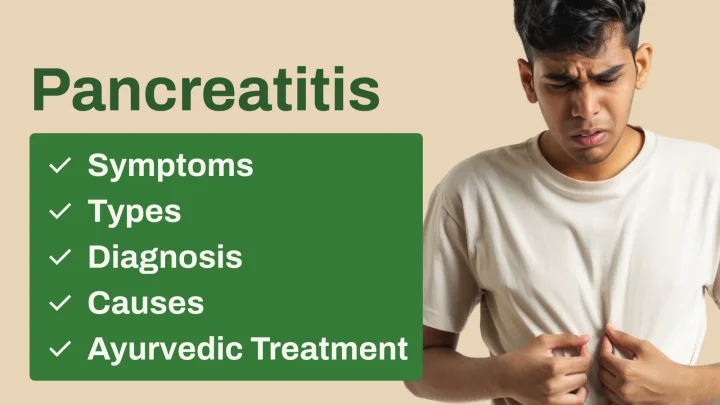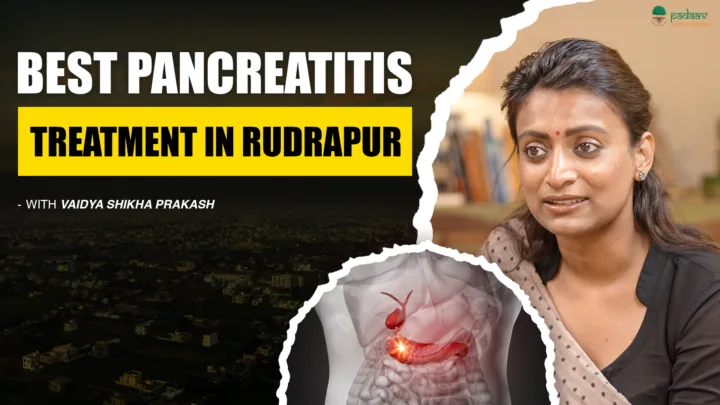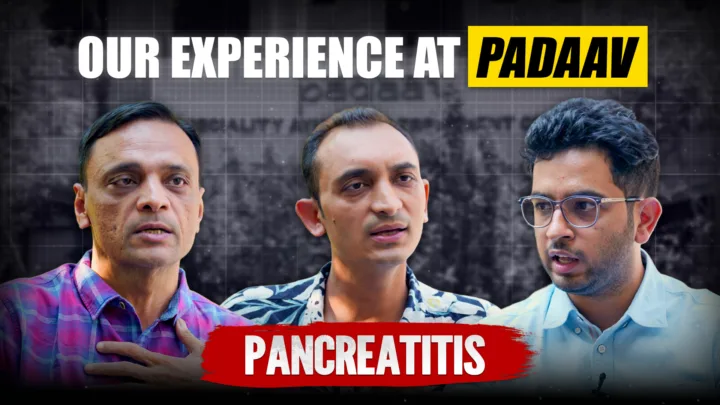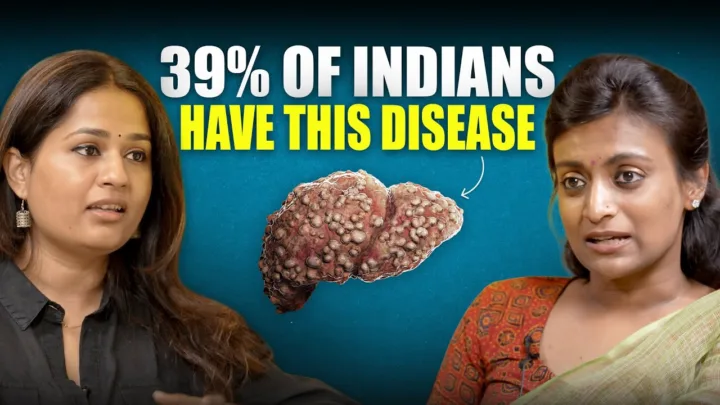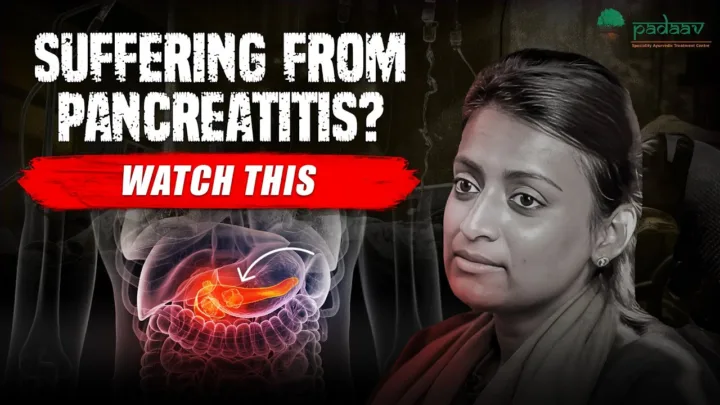Migraine is often misunderstood and dismissed as a common headache. However, it is much more severe and carries far-reaching consequences on an individual’s personal, professional, and social life. Unlike a simple headache, migraine presents as recurrent, episodic, and often debilitating pain, usually accompanied by nausea, vomiting, photophobia (sensitivity to light), and phonophobia (sensitivity to sound). This article explores migraine through clinical experiences, Ayurvedic insights, and treatment protocols practiced at Padaav Ayurveda.
Understanding Migraine
- Not every headache is a migraine, but every migraine is a headache.
- It is different from a normal headache because of its recurrent, episodic, and often unilateral or bilateral nature.
- Associated symptoms: nausea, vomiting, gastric reflux, photophobia, phonophobia, and sometimes neurological signs like flickering lights (aura).
- It commonly affects women, especially in their youth (college years to around age 45). Beyond a certain age, it often becomes self-limiting.
Classifications of Migraine
- Migraine with Aura – Patients experience flickering lights, dizziness, or neurological symptoms before or during headache.
- Migraine without Aura – More common; symptoms include recurrent headache with nausea, vomiting, and sensory sensitivity.
- Chronic or Refractory Migraine – Persistent, treatment-resistant cases.
- Other Variants – Such as menstrual migraine and sinusitis-related migraine.
Migraine and Dosha Imbalances
In Ayurveda, migraine is primarily seen as a Pittaj Vyadhi (Pitta-dominant disorder):
- Symptoms such as nausea, vomiting, gastric reflux, and relief after vomiting point towards aggravated Pitta.
- Youth is the phase of life when Pitta is naturally dominant, which correlates with the higher prevalence of migraine in younger individuals.
- Poor gut health, acidity, and lifestyle habits contribute significantly to the onset and persistence of migraines.
Symptoms Observed in Patients
- Constant fatigue and lethargy
- Poor appetite, bloating, constipation
- Nausea and vomiting
- Photophobia and phonophobia
- Tinnitus
- Severe headaches, often scoring 10/10 on the pain scale
Many patients fail to recognize they have migraine, assuming their headaches are normal. Diagnosis is often made through screening questionnaires and careful clinical evaluation.
Modern Medicine Approach
- Abortive treatment: Painkillers taken during an attack.
- Prophylactic treatment: Long-term medication to reduce frequency and severity.
- Over time, patients may develop medicine-overuse headaches, where frequent painkiller use worsens the condition.
Case Studies
Jyoti from Haryana
Jyoti, a schoolteacher, suffered severe migraine during the COVID period. She relied on multiple painkiller injections daily to function. Her condition affected her career, personal life, and family planning. After 8–9 months of structured Ayurvedic treatment at Padaav, she became symptom-free, no longer dependent on painkillers, and continues to inspire other patients.
Young Woman with PCOS
A 26-year-old obese woman with PCOS, irregular periods, constipation, and chronic fatigue experienced recurrent headaches but never identified them as migraines. Her productivity was affected, and her CRP (inflammation marker) was high. Ayurvedic treatment targeted her gut health and inflammation, leading to improvement in both her migraine and systemic health.
Ayurvedic Treatment at Padaav
- Core Principles: Aahar (diet), Aushadh (medicine), and lifestyle modifications.
- Structured Protocol: Four primary medicines – Narik, Liver, Numax, and Sumti Godati.
- Treatment Duration: Typically 4 months, but refractory cases may need 8–9 months.
- Assessment:
- Visual Analogue Scale (VAS) to track pain intensity.
- Monitoring reduction in frequency, intensity, and dependence on painkillers.
- Outcome: Gradual reduction in severity → reduced frequency → improved quality of life.
Challenges in Treatment
- Patients addicted to painkillers (medicine-overuse headache).
- Chronic gastritis and systemic complications due to excessive medication.
- Emotional and psychological burden due to reduced productivity and poor quality of life.
Lifestyle and Genetic Factors
- Skipping breakfast, irregular eating, lack of sleep, dehydration, and poor protein intake are common triggers.
- Women with limited mobility, stress, and hormonal imbalances are particularly vulnerable.
- Genetic predisposition: Children of parents with migraine are at higher risk.
Conclusion
Migraine is not just a headache, but a serious, life-disrupting neurological and systemic disorder. Often linked with gut health, inflammation, and Pitta imbalance, it requires a holistic approach. At Padaav, through structured Ayurvedic protocols and lifestyle guidance, even chronic and refractory cases have found relief and recovery.
Key takeaway: Early recognition and treatment of migraine can prevent years of suffering. With the right approach, migraine is reversible and manageable.

